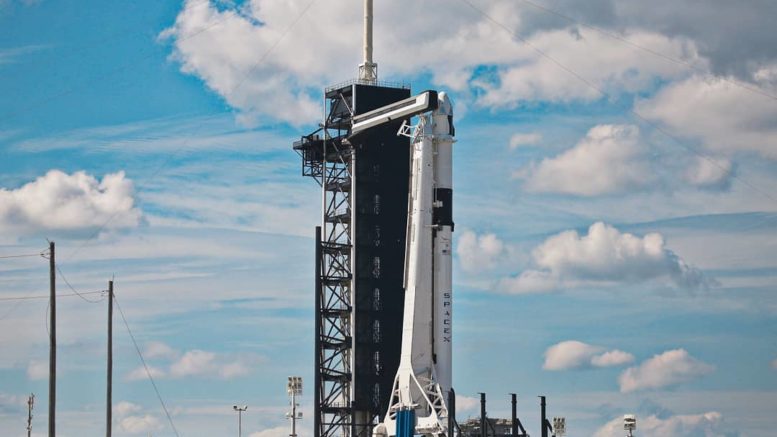With the prospect of NASA sending astronauts soon with the recent success of the SpaceX Crew Dragon Abort mission, it looks like manned spaceflight for the US is right around the corner. But before the industry jumps into providing manned spaceflights, it is important that we look back at how we got here and what it could mean for the new space industry.
With the retirement of the NASA Space Shuttle Program in 2011, NASA lost the ability to send astronauts to the ISS and space. Therefore, to keep sending NASA astronauts to the ISS, NASA had to resort to purchasing seats from Roscosmos. With the historical tensions between the US and Russia, NASA resorted to finding cheaper alternatives to Russia.
As a response to not having the ability to provide manned spaceflight with their own rockets, NASA started planning to utilize commercial space capabilities. This developed into an initial NASA plan to have commercial crew vehicles under development by Boeing and SpaceX certified by the end of 2017. This was kickstarted in 2014 with NASA awarding Boeing $4.3 billion and SpaceX $2.5 billion under NASA’s Commercial Crew Program (CCP) to develop their own space launch systems. The delays with the SpaceX and Boeing commercial crew programs has meant that NASA has resulted in buying Soyuz flights until mid-2020, a full 3 years after the initial goal.
What could it mean when a private space company such as SpaceX or Boeing were to receive the approval by NASA for human spaceflight rating their capsule? It would be a huge boost to the commercial and private spaceflight industry as it would show consumers that the commercial space industry can provide critical services in a safe way. Having a government agency approve a design for their own use and approve as safe for human use would mean that those providers would become a leader in the human industry. This approval would provide a huge boost to the brands of SpaceX and Boeing, who can now brand themselves as NASA approved space launchers. If Boeing and SpaceX decide to utilize their manned spaceflight services for commercial use outside of NASA, which it sounds like some might have that desire, NASA approval is a great way to become an industry leader. It would not be surprising to see one of these companies start providing services such as space tourism or other commercial manned services after several commercial space launches are performed for NASA.
If NASA decides to allow for more commercial companies in the future such as Blue Origin to become a commercial carrier, then NASA could get lower costs by allow for bidding on contracts. And these commercial companies would benefit from NASA approval for their manned space launch capabilities.

Be the first to comment on "US Companies Return To Manned Spaceflight"